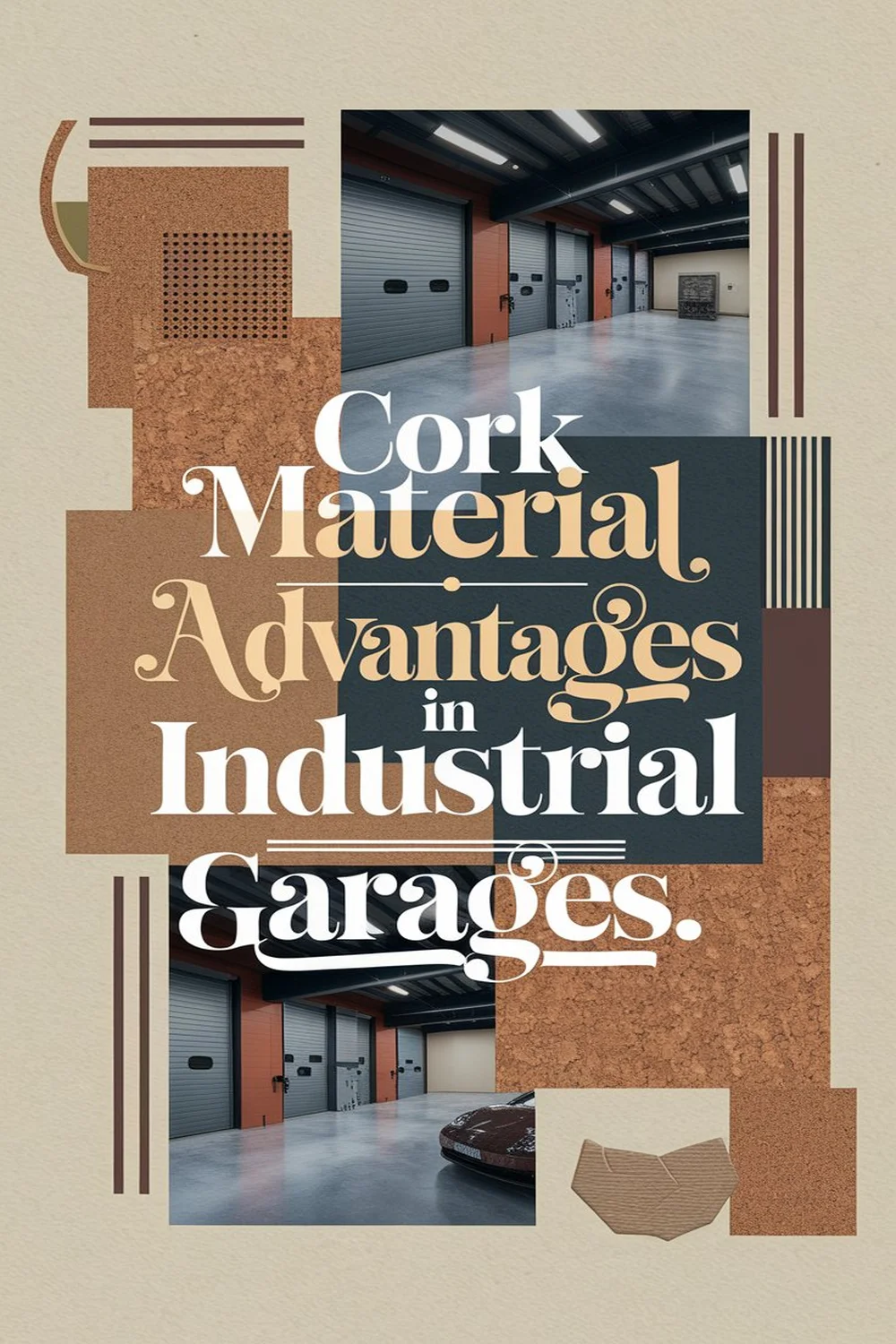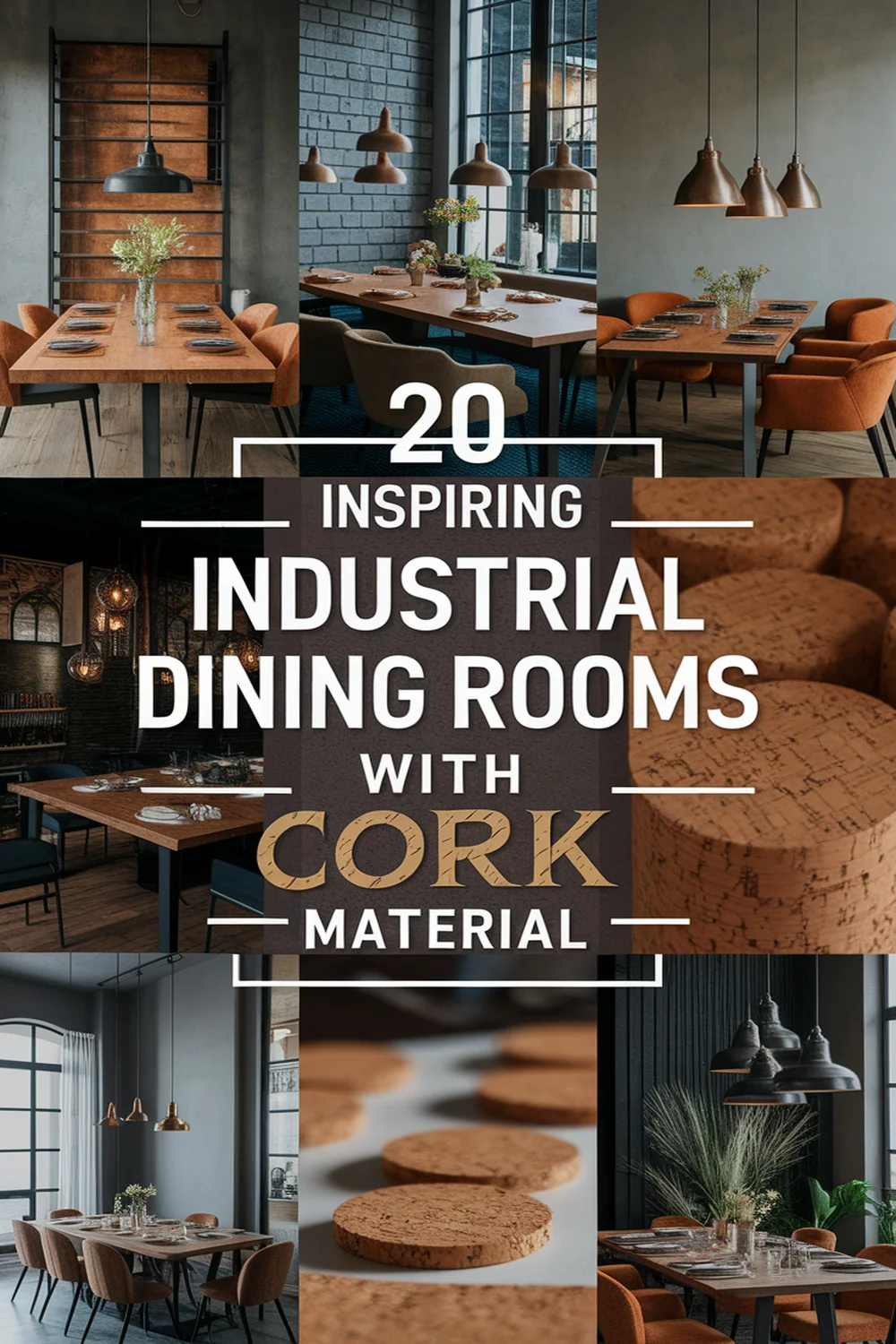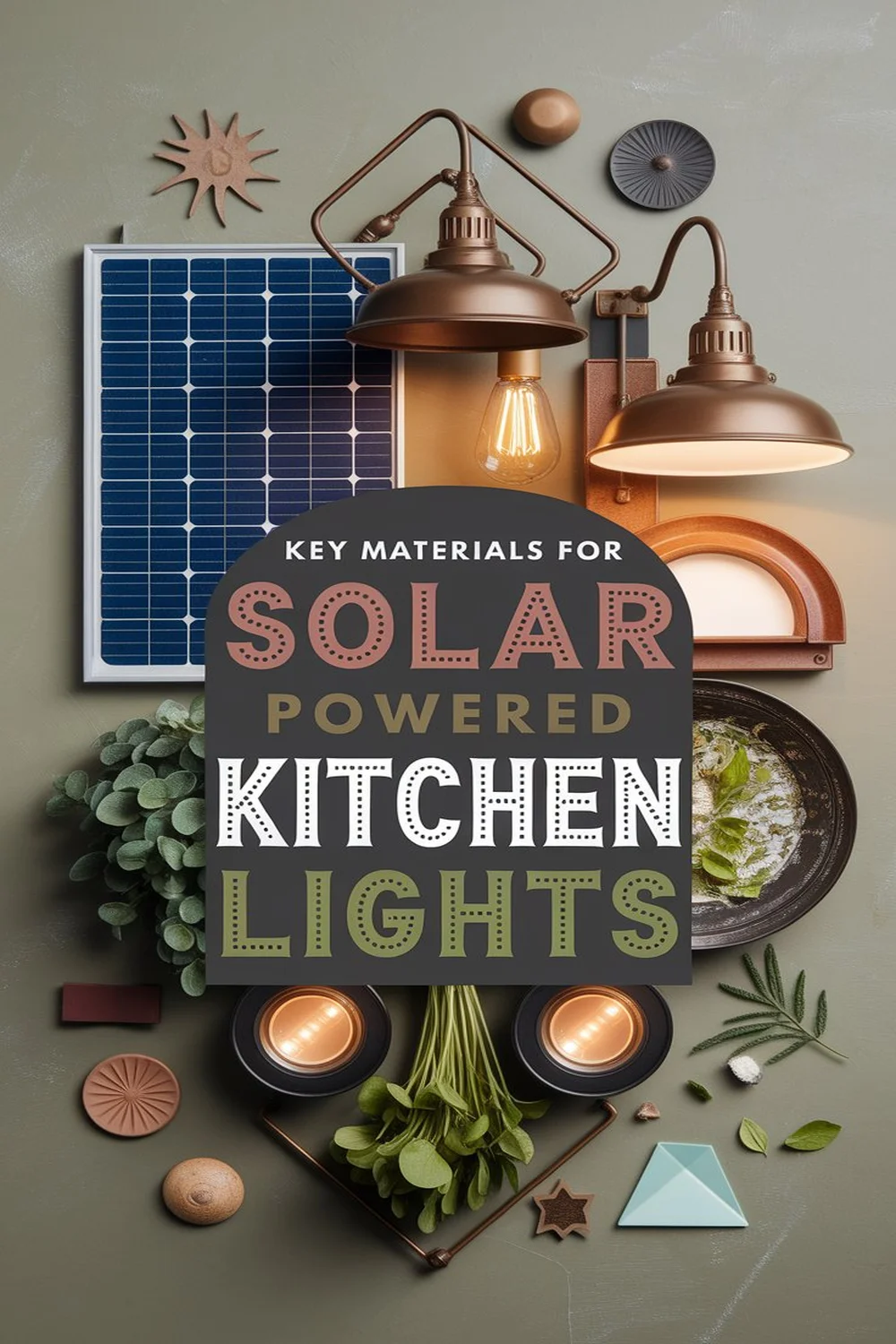This post may contain affiliate links. Please read our policy page.
Cork material is an excellent choice for industrial garages due to its natural insulation properties, moisture resistance, and sound absorption capabilities. It’s lightweight, which simplifies installation, and its eco-friendly nature aligns with sustainable practices. The slip-resistant surface reduces fall risks, while low maintenance needs guarantee cost-effectiveness over time. Additionally, cork’s aesthetic appeal allows for customization, enhancing workplace ambiance. If you’re curious about the specific advantages cork offers, there are more details to uncover.
Natural Insulation Properties of Cork

When considering materials for industrial garages, it’s essential to recognize the natural insulation properties of cork. Cork’s cellular structure traps air, effectively reducing thermal conductivity. This means it can maintain stable temperatures within the garage, minimizing energy costs associated with heating and cooling.
I’ve found that its moisture resistance further enhances its insulating capabilities, preventing mold and mildew development. Additionally, cork’s lightweight nature makes it easy to install, allowing for quick project timelines without compromising on performance.
It also retains its insulating properties over time, ensuring long-term durability and effectiveness. By choosing cork, I can create a more energy-efficient environment while promoting sustainability, as it’s a renewable resource. This combination of benefits positions cork as an excellent choice for industrial garage applications.
Enhanced Sound Absorption

While many materials struggle to effectively dampen sound, cork excels in this area due to its unique composition. Its cellular structure traps air, providing excellent sound absorption capabilities. In my experience, utilizing cork in industrial garages notably reduces noise levels, creating a more productive environment.
| Property | Cork | Traditional Materials |
|---|---|---|
| Sound Absorption Coefficient | High | Variable |
| Weight | Lightweight | Heavy |
| Installation Complexity | Simple | Complex |
The table illustrates how cork outperforms traditional materials in sound absorption. By choosing cork, you not only enhance acoustic comfort but also contribute to a quieter workspace. This choice is vital for industries where noise control is essential for safety and efficiency.
Lightweight and Easy to Install

Cork’s lightweight nature not only makes it a practical choice for industrial garages, but it also simplifies the installation process considerably. This characteristic reduces the labor required for handling and positioning the material, allowing for quicker project completion.
When I install cork flooring, I appreciate how easily I can maneuver the panels without straining my team. Its lightness means that it can be cut and fitted with minimal effort, enhancing efficiency.
Additionally, cork adhesive options are straightforward, ensuring a secure bond without the need for heavy equipment or excessive manpower. Overall, the ease of installation not only lowers initial costs but also minimizes downtime, making it an intelligent choice for any industrial setting.
Eco-Friendly and Sustainable Choice

As industrial facilities increasingly prioritize sustainable practices, choosing cork material stands out as an eco-friendly option. Cork is harvested from the bark of cork oak trees without harming them, ensuring the tree continues to grow and absorb CO2. This method contributes to carbon sequestration and biodiversity. Additionally, cork is biodegradable and recyclable, further minimizing its environmental footprint.
| Feature | Benefits |
|---|---|
| Harvesting Process | Sustainable and renewable |
| Environmental Impact | Low carbon footprint |
| End-of-Life Options | Biodegradable and recyclable |
Resistance to Moisture and Mold

When evaluating materials for industrial garages, the resistance to moisture and mold is an essential factor to take into account.
Cork naturally possesses a cellular structure that repels water and resists moisture absorption. This property is vital in environments prone to spills or humidity, as it prevents the growth of mold and mildew, which can damage both the material and the garage’s integrity.
I’ve found that cork’s inherent antimicrobial properties further enhance its effectiveness, creating an unfavorable environment for mold proliferation.
Additionally, the lightweight nature of cork allows for easy installation and maintenance, ensuring that I can keep the garage clean and functional.
Recommended Items
Here are our recommended products and equipment to install—feel free to explore!
Durable and Long-Lasting Material

While considering materials for industrial garages, durability stands out as a critical factor. Cork excels in this aspect due to its unique cellular structure, which provides excellent resilience against wear and tear. It’s not just about longevity; cork retains its properties over time, ensuring consistent performance.
Here’s a comparison to illustrate cork’s durability against other materials:
| Material | Durability Rating | Expected Lifespan |
|---|---|---|
| Cork | 9/10 | 25+ years |
| Concrete | 7/10 | 20 years |
| Rubber | 8/10 | 15 years |
| Wood | 6/10 | 10 years |
Decor Ideas for Cork in Garages
Slip-Resistant Surface Benefits

Cork’s slip-resistant surface offers significant safety advantages in industrial garages, particularly in environments where spills and heavy foot traffic are common.
Cork’s natural slip-resistant surface enhances safety in industrial garages, especially in high-traffic and spill-prone areas.
This unique characteristic stems from cork’s natural texture and composition, which provides a firm grip underfoot. I’ve found that when workers navigate busy areas, the likelihood of slips and falls decreases markedly.
In addition, cork maintains its slip-resistant properties even when wet, making it an ideal choice for garages where oil or other liquids may be present.
This enhanced safety feature not only protects employees but also reduces potential liability risks for employers.
Versatility in Design Options

Although many materials offer limited aesthetic options, cork stands out for its remarkable versatility in design. I’ve found that cork can adapt to various industrial garage themes, from modern to rustic. Its natural textures and colors can be customized to fit specific branding or operational needs.
Here’s a quick comparison of design options with cork:
| Design Element | Cork Characteristics |
|---|---|
| Color Variety | Extensive hues available |
| Texture Options | Smooth, rough, or patterned |
| Custom Shapes | Easily cut and formed |
| Surface Finish | Matte or glossy |
| Eco-Friendly Designs | Sustainable sources available |
With these characteristics, cork enhances both functionality and aesthetic appeal, making it an excellent choice for any industrial garage.
Low Maintenance Requirements

When considering materials for industrial garages, the low maintenance requirements of cork are particularly advantageous.
Cork’s natural structure resists dust and debris accumulation, reducing cleaning frequency. Unlike other flooring materials, cork doesn’t require sealing or waxing, which translates into significant labor and cost savings. Its inherent durability means it withstands heavy foot and vehicle traffic without deteriorating, minimizing the need for repairs.
Additionally, cork’s water-resistant properties prevent mold and mildew growth, further lessening maintenance concerns. I’ve found that simply sweeping and occasional damp mopping are usually sufficient to keep it in prime condition.
Improved Air Quality in Workspaces

Improved air quality in workspaces is essential for both employee health and productivity, and cork plays a significant role in achieving this. Its natural properties allow it to absorb harmful substances, such as volatile organic compounds (VOCs) often found in industrial environments.
By utilizing cork flooring and wall panels, I’ve noticed a marked reduction in indoor air pollutants, leading to a healthier atmosphere. Additionally, cork’s cellular structure helps regulate humidity levels, further enhancing air quality.
The material’s inherent antimicrobial properties also minimize the growth of mold and bacteria, providing an extra layer of protection for employees. Investing in cork can transform a workspace into a more breathable, efficient environment, ultimately supporting the well-being and efficiency of everyone involved.
Cost-Effectiveness Over Time

Cork material not only enhances air quality but also proves to be cost-effective over time. When I evaluate the lifecycle costs of industrial materials, cork stands out due to its durability and low maintenance requirements. Here’s a breakdown of cost factors related to cork versus alternative materials:
| Cost Factor | Cork Material |
|---|---|
| Initial Investment | Moderate |
| Maintenance Costs | Low |
| Lifespan | 20+ years |
| Energy Savings | High |
| Replacement Frequency | Rare |
Aesthetic Appeal and Customization Options

Beyond the financial advantages, the aesthetic appeal and customization options of cork material can greatly enhance the overall environment of an industrial garage.
Cork’s natural texture and warm tones create a welcoming atmosphere, improving worker morale and productivity.
Cork’s inviting warmth and unique texture elevate workplace ambiance, boosting both morale and productivity.
Here are four key benefits to evaluate:
- Variety of Colors: Cork can be dyed to match specific branding or design preferences, allowing for tailored aesthetics.
- Unique Textures: The natural grain of cork offers a distinctive look that can differentiate your garage from others.
- Custom Shapes and Sizes: Cork tiles can be easily cut, enabling personalized layouts and configurations.
- Eco-Friendly Designs: Incorporating cork promotes sustainability, aligning with modern environmental standards.
Incorporating cork not only enhances visual appeal but also fosters a creative workspace.









